 Courtesy:
Courtesy:
The removal of 11 top ministers in the Riyadh government last week by the young crown prince Mohammad bin Salman, is a geopolitical upheaval, the implications are serious. Domestically, the kingdom is seeking to liberalise its conservative society and move away from oil-dependency – evident from the expected listing of its crown jewel Aramco. For India, which imports oil largely from West Asia, instability could cause a spike in prices, leaving less for its ambitious reforms. Globally, there is now space for new alignments – in the Great Power plays, in the Shia-Sunni rivalry, and in the war on terrorism.
 Courtesy:
Courtesy:
Indian President Ram Nath Kovind leaves for Africa on his first foreign visit as president on October 3. His first port of call will be Djibouti, which occupies a strategic location in the Horn of Africa. The country has assumed significance for hosting multiple foreign military bases on its territory, the latest entrant being China. This infographic illustrates Djibouti’s ‘military base’ diplomacy.
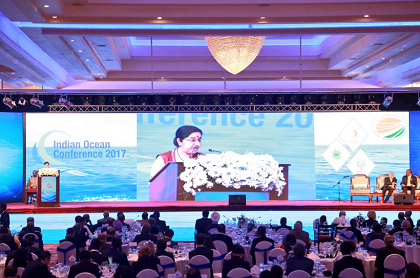 Courtesy: MEA/ Twitter
Courtesy: MEA/ Twitter
India must deepen its involvement with countries of the Indian Ocean Region on issues of security, commerce, and connectivity: this was the upshot of the second Indian Ocean Conference, held by the India Foundation in Colombo two weeks ago
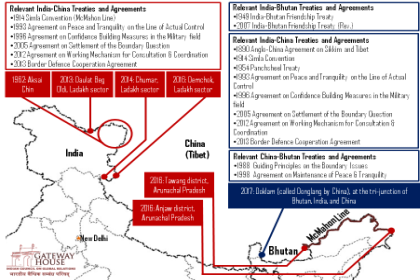 Courtesy: Google Maps
Courtesy: Google Maps
Since mid-June, India and China have been locked in an intense stand-off in the Doklam plateau, at the tri-junction of Bhutan, India, and China. Gateway House chronicles previous border incursions and transgressions by China into India’s territory and mentions relevant treaties and agreements
 Courtesy: Wikimedia Commons
Courtesy: Wikimedia Commons
Critical infrastructure–like healthcare or the financial services industry–makes for ransomware’s favourite prey, and nation-states must unite to respond suitably to the anarchy that can be unleashed by another attack, like WannaCry
 Courtesy: Selvaraja Rajasegar
Courtesy: Selvaraja Rajasegar
Yameen Rasheed (1988-2017), Gateway House contributor, blogger and activist, was always full of sharp insights about his country’s politics
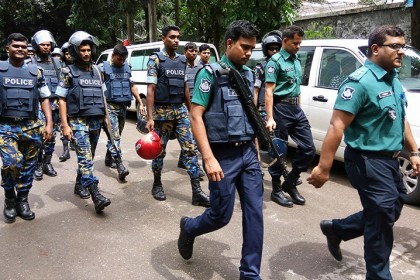 Courtesy: Reuters
Courtesy: Reuters
Bangladesh Prime Minister Sheikh Hasina will visit India beginning April 7 at a time when her country is confronted with Daesh-inspired terrorism. In the interests of regional stability, it is critical that the two countries maintain a united front against extremism
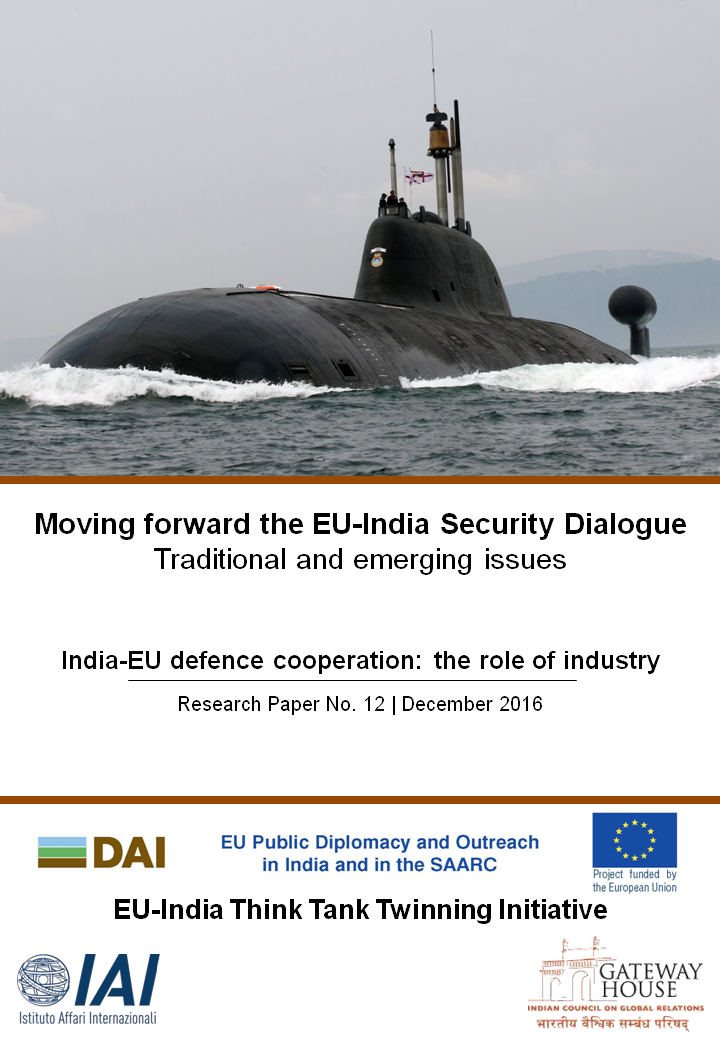 Courtesy: Wikipedia
Courtesy: Wikipedia
European defence companies can contribute significantly to India’s military modernisation under the ‘Make in India’ campaign. But before this can happen they will have to deepen their interactions in the country at the political and strategic levels to identify common areas of interest and understand India’s technological priorities in the sector
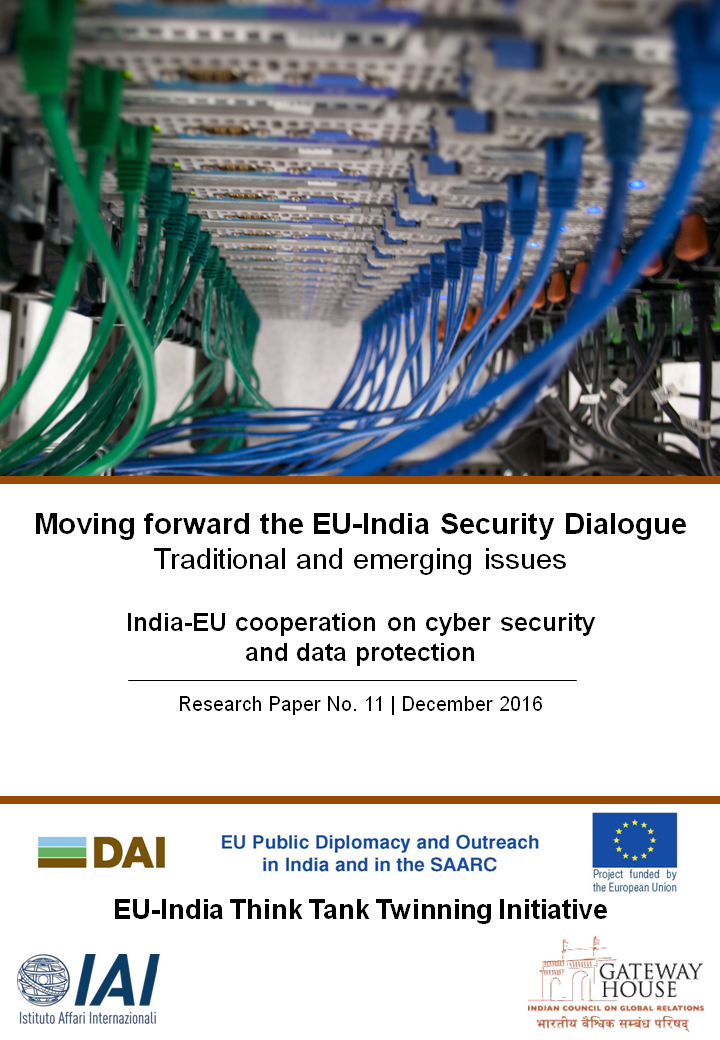 Courtesy: Wikipedia
Courtesy: Wikipedia
Cyber cooperation between India and the European Union currently lacks a security focus despite the common threats they face. Differences persist on both sides regarding India’s data adequacy status which has resulted in a blocking of the Bilateral Trade and Investment Agreement negotiations.
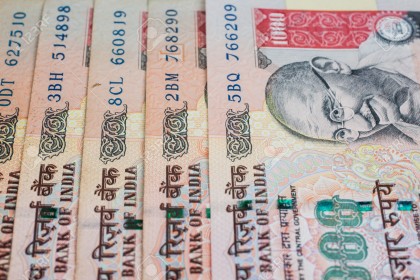 Courtesy: 123RF
Courtesy: 123RF
On November 8, when Prime Minister Narendra Modi announced to India, the demonetisation of high-value currency notes, he specifically referred to the use of Hawala and fake Indian currency notes for terrorist financing. The hawala system to move funds globally for terrorist financing is huge, secretive, and layered—and a challenge for national security agencies.












